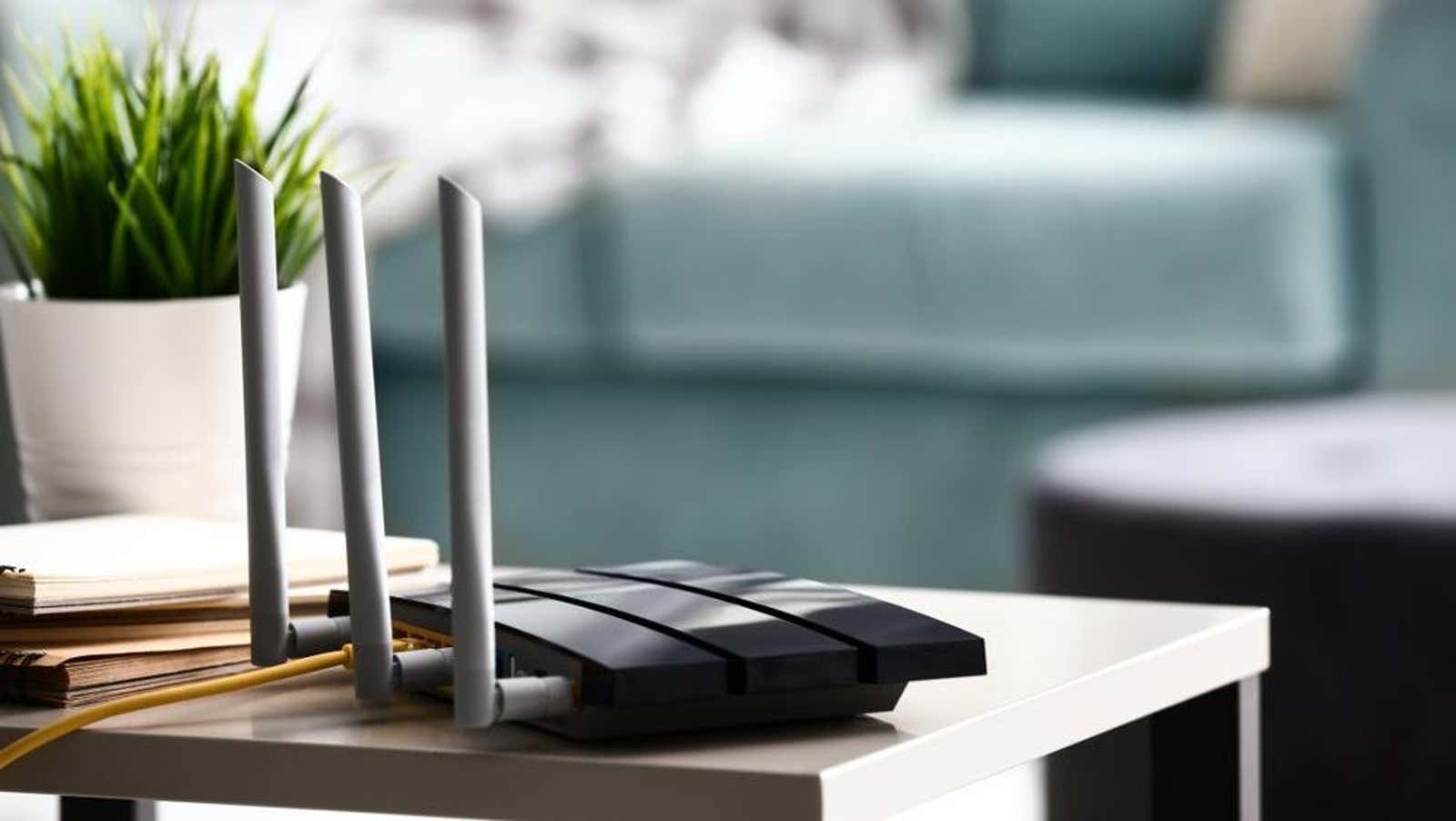Can ISPs, Websites, and Your Boss Tell You If You Are Using a VPN?

VPNs hide your internet activity, but if someone knows what they are looking for, they can tell when you are using it. This may sound disturbing, but if you are using a reliable VPN and it works as expected, you probably have nothing to worry about. First, let’s explain how someone can tell that you are using a VPN . It all comes down to IP addresses.
When you connect to the internet without a VPN, someone tracking your activity will see that you are connecting to multiple IP addresses for every website or online service you use. However, if you are using a VPN, the only IP you will connect to will be the VPN proxy that your traffic is directed to. Someone can associate this IP address with known VPN server addresses and confirm that you are connecting to it.
So who can see which IP address you are connecting to? Your ISP may see your router activity and, depending on where you live, may share information with government agencies that may have access to your internet traffic in the first place. The Wi-Fi network administrator can also see which address you are connecting to, and there are ways to track another user’s browsing data if you are connected to the same network .
However, the only thing that they could confirm – is that if you are using a VPN. All traffic going to the VPN server is still hidden, and no one can figure out what you were actually connecting to – if you are using a real VPN without registration .
It is also possible for VPN connections to crash, which supposedly exposes your traffic to anyone watching the tabs, so VPN safety switches are a necessary feature .
Again, knowing that someone might see you are using a VPN can seem intimidating, but it is because of the fear of surveillance that people use VPNs in the first place. Problems only arise if you live where they are illegal. For example, VPNs are legal in the US but banned in China. Using a VPN may also conflict with the public network’s terms of service, which is a general rule in college offices and libraries where you use their computers.
The website can also recognize the VPN IP address. This is usually not a problem, but some websites may block VPN servers from accessing their content, especially if the VPN allows users to bypass paid access or strong regional bans. This is rare, however, and many VPNs have contingency plans to counter such restrictions.
Bottom line: people can tell if you are using a VPN, and most of them are the people you are trying to hide your browsing activity from. But as long as your VPN works as intended (and is allowed to be used where you live), they can’t see what you are doing and you won’t have any problems.
[ Howtogeek ]